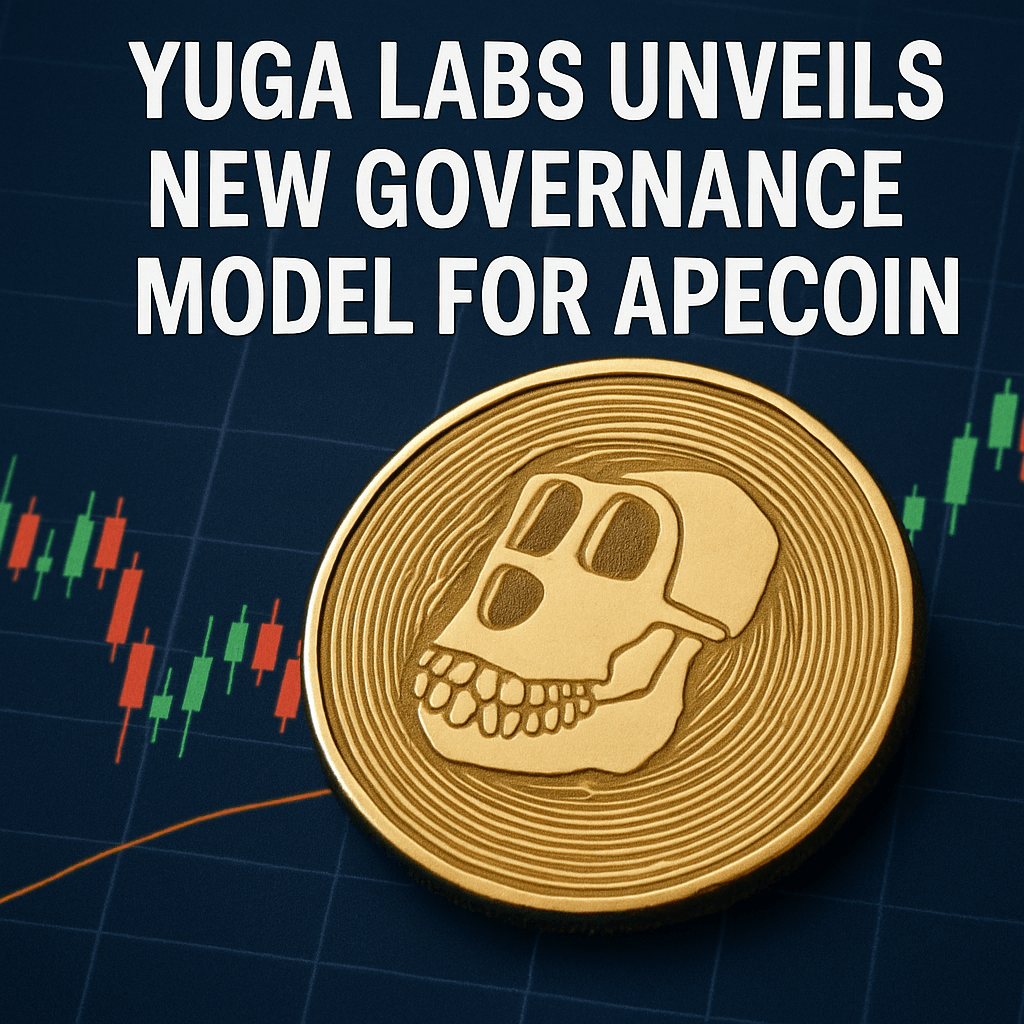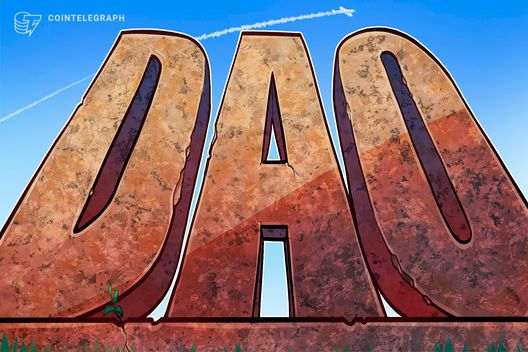Yuga Labs Unveils New Governance Model for ApeCoin


Yuga Labs, the parent company behind the popular Bored Ape Yacht Club (BAYC), is looking to overhaul the governance structure associated with the ApeCoin decentralized autonomous organization (DAO) due to concerns over its operational efficacy. Greg Solano, CEO of Yuga Labs, expressed dissatisfaction with the current state of the ApeCoin DAO, suggesting it has devolved into a “slow, noisy, unserious governance theater.” This statement indicates a critical review of how decisions are made within the community.
Context: The Role of DAO in the Crypto Ecosystem
Decentralized Autonomous Organizations (DAOs) have emerged as a revolutionary governance model within the crypto space. They enable community-driven projects to operate without centralized control, empowering token holders to participate in decision-making through voting. However, as seen with the ApeCoin DAO, the model can encounter significant challenges, including low voter participation, ineffective proposals, and bureaucratic delays. These issues can undermine the intended benefits of decentralization, leading stakeholders to seek alternative structures.
The ApeCoin DAO’s Current Structure
The ApeCoin DAO operates on the Ethereum blockchain and primarily utilizes the ApeCoin token for governance. Token holders can propose new initiatives and vote on them, shaping the future direction of the ecosystem. However, participation metrics indicate that a small percentage of token holders actively engage in governance, leading to what Solano describes as governance theater—a situation where discussion and proposals may happen without meaningful outcomes or action.
Critiques and Challenges
- Voter Participation: Recent reports suggest that only a fraction of the ApeCoin community engages in decision-making processes. With an overwhelming number of proposals pending, many community members feel disenfranchised.
- Speed of Decision-Making: The nature of the DAO structure can result in delays, as each proposal needs to pass through multiple stages of discussion and voting. This slow pace can stymie innovation.
- Perception of Seriousness: The term “unserious” used by Solano points to a deeper cultural issue—questions about the legitimacy and effectiveness of community governance when initiatives appear trivial or when discussions are dominated by a few vocal members.
The Proposed ApeCo Entity
In light of these challenges, Yuga Labs proposes the creation of a new governance entity, tentatively named “ApeCo.” While details are still forthcoming, this entity aims to streamline governance processes and focus on bringing more serious, actionable proposals to the forefront. The planned structure will likely include improved mechanisms for member engagement and a clearer delineation between proposal submission and execution.
Design Principles for the ApeCo Entity
- Enhanced Participation Protocols: ApeCo will encourage broader participation through innovative voting systems, possibly integrating aspects of quadratic voting to ensure minority voices are heard.
- Accelerated Proposal Review: A dedicated board within ApeCo could be established to vet proposals, allowing for faster iteration on community ideas.
- Accountability Measures: Establishing clear metrics for success and regular performance reviews may help in improving the overall perception and seriousness of governance.
Implications for the Crypto Market
The restructuring of the ApeCoin DAO could have significant implications for the greater cryptocurrency market. As Yuga Labs seeks to create a more effective governance model, it may pave the way for other blockchain projects facing similar issues with their decentralized governance. Observers are keenly watching how this transition unfolds, considering that successful implementation could inspire similar initiatives across various DAOs, potentially enhancing the credibility and functionality of community-driven projects.
“The evolution of governance frameworks within the crypto ecosystem is crucial in defining the future of decentralized projects. Yuga Labs’ pivot may not just reshape its own ecosystem, but offer a roadmap for others grappling with governance issues,” stated Dr. Emilia Osnato, a researcher in decentralized technologies.
Conclusion
The attempt by Yuga Labs to replace the ApeCoin DAO with ApeCo reflects both a recognition of the challenges inherent in DAO governance and a commitment to finding solutions that benefit the community. As developments continue, stakeholders should remain engaged to ensure their voices are heard and that the new governance model serves the collective interests of the ApeCoin community.